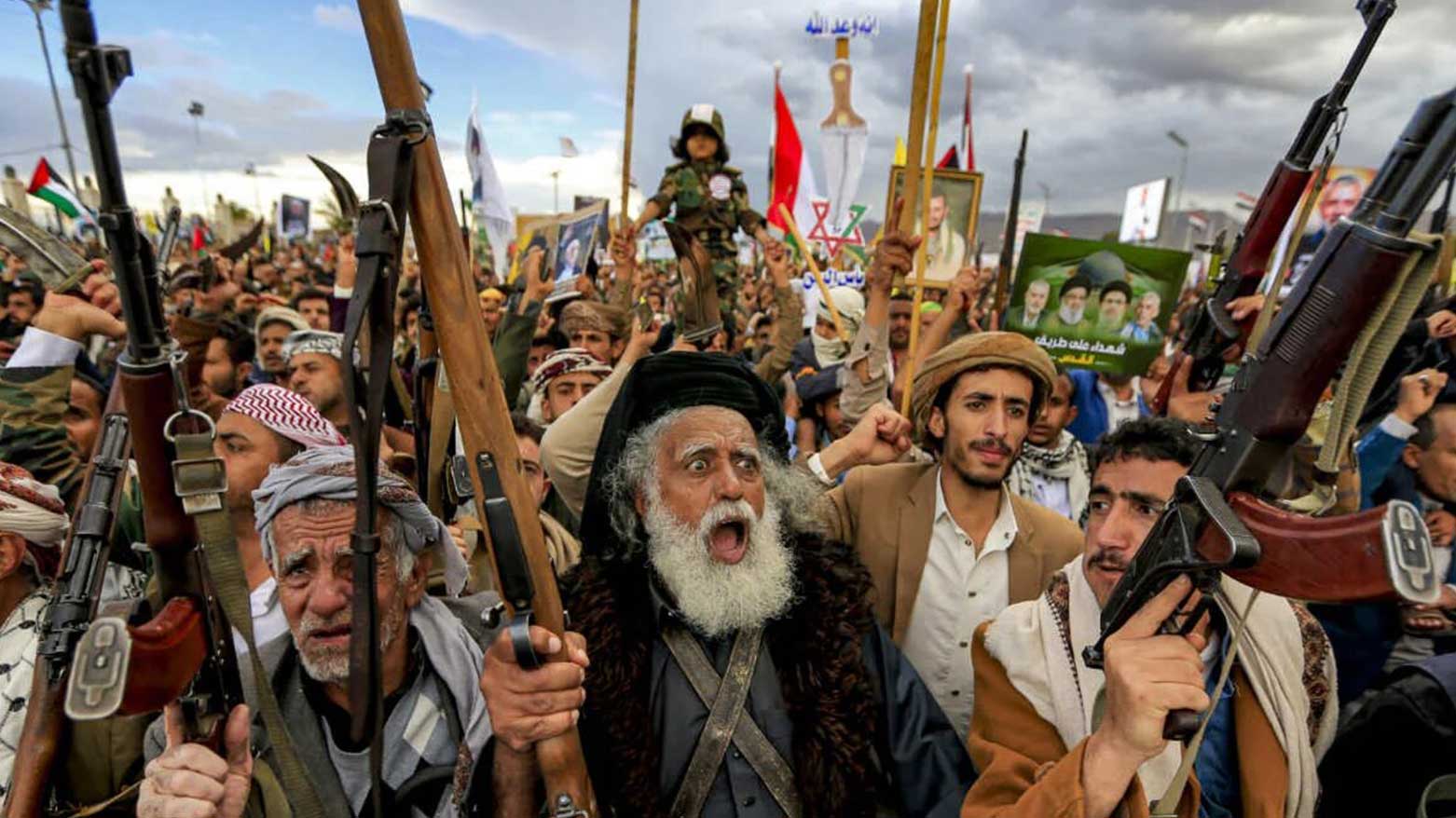Yemen’s Huthis Report Fresh U.S. Airstrikes as Regional Conflict Deepens
The Iran-backed rebel group blamed Washington for "aggressive air raids," claiming damage to civilian property but no details on casualties.

ERBIL (Kurdistan 24) – U.S. air strikes targeted Huthi-controlled areas in Yemen on Wednesday, with Huthi media reporting at least 17 strikes in the provinces of Saada and Amran. The Iran-backed rebel group blamed Washington for what it called "aggressive air raids," claiming the attacks caused material damage to civilian property but providing no details on casualties.
The latest wave of strikes comes as part of a broader U.S. military campaign launched on March 15, aimed at neutralizing Huthi threats to maritime security in the Red Sea and the Gulf of Aden. The rebels have repeatedly targeted commercial and military vessels, a campaign they say is in solidarity with Palestinians amid the ongoing Gaza war. Washington has vowed to continue using overwhelming force until the Huthis cease their attacks on international shipping routes.
The U.S. offensive began with a significant strike that reportedly killed senior Huthi leaders. While American officials characterized the attack as a decisive blow to the group’s operational capabilities, the Huthi-run health ministry claimed at least 53 people were killed. Since then, Huthi-controlled areas in Yemen have faced near-daily strikes, with the rebels attributing all attacks to the United States.
The Huthis initially began their maritime assault following the outbreak of the Gaza war but temporarily halted their operations when a ceasefire was brokered in January. Earlier this month, they renewed threats to resume attacks, citing Israel’s blockade on aid to Gaza. This escalation prompted the U.S. to launch its first strikes on Yemen since Donald Trump took office in January.
Last week, Trump issued a stark warning, vowing to "annihilate the Huthis" and cautioning Tehran against continuing its support for the group. Iran has long been accused of supplying weapons, intelligence, and funding to the Huthis, a claim both Tehran and the rebel group deny.
Diego Garcia, a remote U.S. military base in the Indian Ocean, has seen a surge in U.S. bomber deployments in recent days, adding to speculation that Washington may be preparing for a broader confrontation. The strategic significance of the base lies in its distance from Iranian and Huthi missile capabilities, making it a secure staging ground for extended operations in the region.
As the conflict intensifies, regional observers warn of the potential for further escalation, with ripple effects on global trade and security. The Huthis have vowed to continue targeting U.S. and Israeli-linked assets, setting the stage for a prolonged and volatile confrontation in one of the world’s most critical maritime corridors.